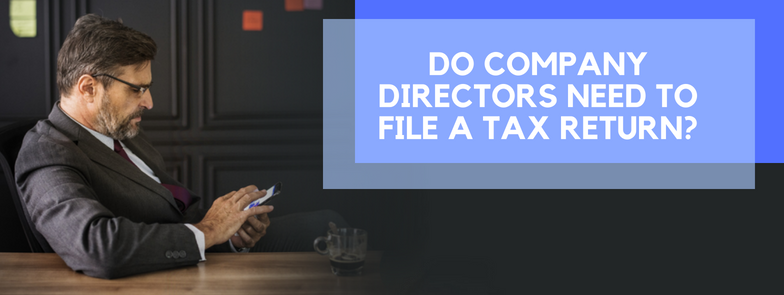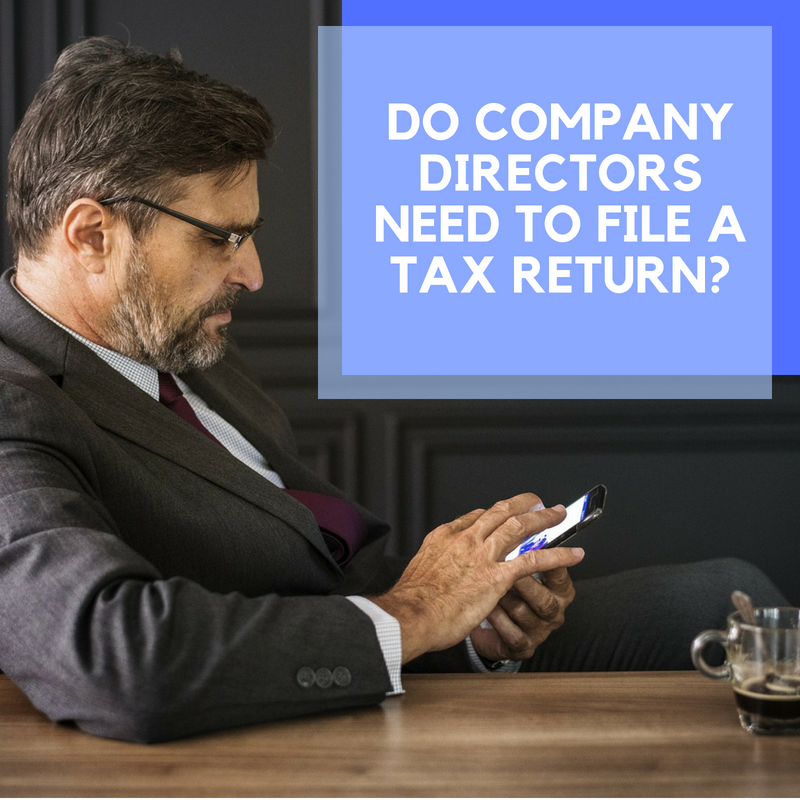
Today we discuss whether directors are required to file an annual self-assessment tax return. If a return has been issued then yes it is compulsory to file a tax return however if no return is issued then what is expected from directors? We will be taking a look at the expectations from HMRC as well as what the law has to say on the topic.
What HMRC Says
According to the Gov.co.uk website you must send in a tax return if “you were a company director – unless it was for a non-profit organisation (such as charity) and you didn’t get any pay or benefits, like a company car.”
What the Law Says
The law states that where a notice to make a return has not been received, statute TMA 1970,ss. 7 imposes a duty on taxpayers to notify within six months of the end of the tax year where there is any untaxed income or gains on which there is liability, unless all tax due has been paid at source. Under s.8, where a notice to make a return is issued and withdrawn, the deadline is 30 days after the date on which the notice is withdrawn, if this is later.
When do I need to notify?
- If a notice to file has been received
- If you are liable to high income child benefit charge
- You have received a simple assessment and that assessment does not include all of your income
When don’t I need to notify?
- You have a new source of PAYE income which is being correctly taxed at source
- If there are any gains on a sale of a main private residence where property has been in owner-occupation throughout
- There is no obligation within the personal allowance or within trading or property allowance
Penalties will apply for failure to notify and for late submission following a notice to file. There is no legal duty to notify if all income is taxed under PAYE or is dividend income on which there is no additional liability and there is no reason to submit a tax return unless HMRC asks for one.
When should directors first register for self-assessment?
Only if any liabilities occur which can not be taxed at source do you need to register. However if you do delay registration then you may find that HMRC will issue returns for previous years. If this happens then you’ll only have 30 days to get together all the information for the previous years, which may not be readily available.
Here’s our top tips:
- Keep on file P60’s and any other income details for any directors so that a return can be filed on short notice
- Where there is no liability you can ask HMRC to withdraw the notice to file. However, they can refuse to withdraw so be sure to keep a record of the information you need just in case.
- If you file a return showing no liabilities, you may be exposed to potential penalties. Never file a return when you have no additional tax liabilities as once it has been filed it can not be withdrawn. Instead send HMRC your evidence of no tax liability along with a request to withdraw.
- If you do receive any returns yet have no tax liability, then do not ignore it as you may incur penalties. If you are ever unsure then contact straight away for further guidance.
If you would like to discuss any of the information in this blog or have any queries, then please get in touch with us for further details.




